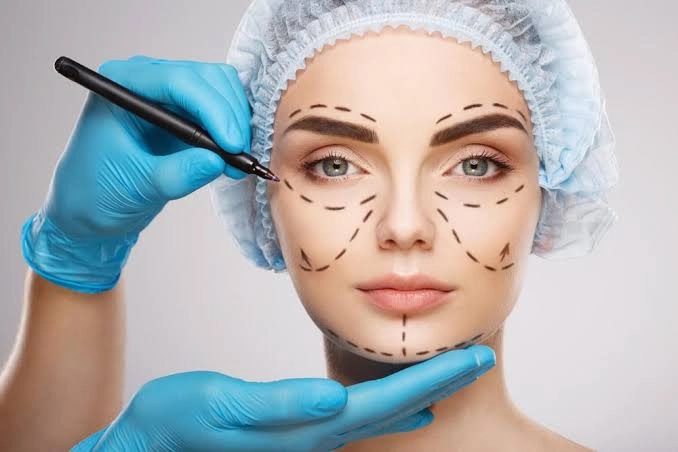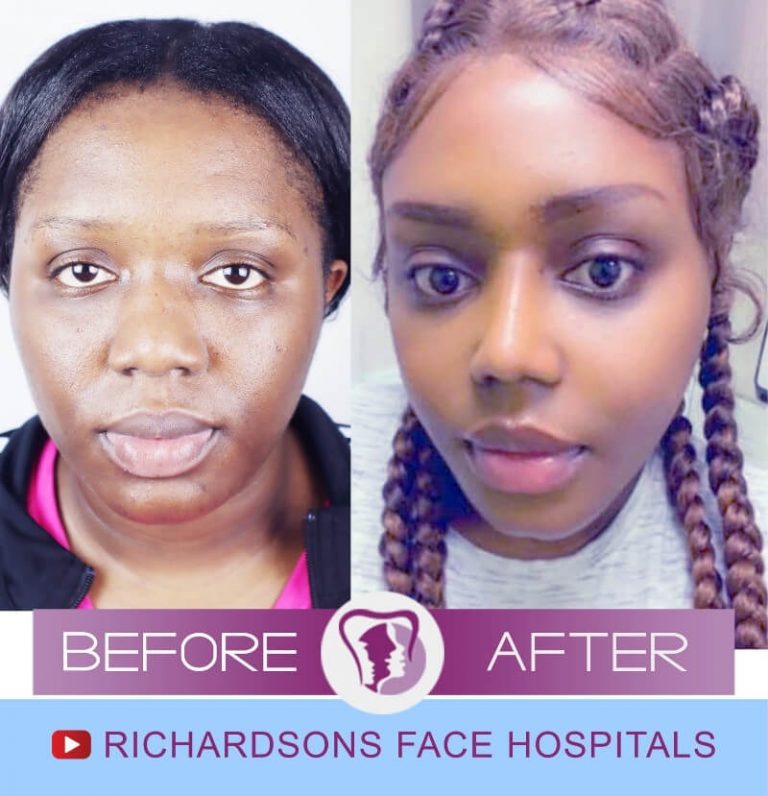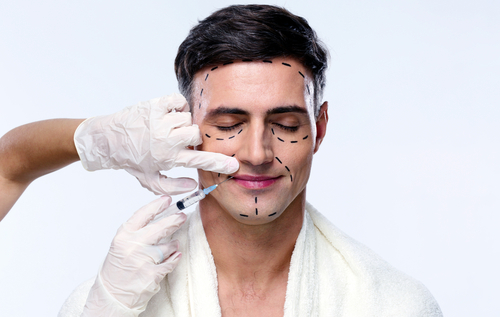Checking Out the Mental and Social Factors That Drive People to Consider Plastic Surgery as a Means of Improvement
The choice to go after cosmetic surgical treatment commonly prolongs beyond mere visual appeals, intertwining with social and emotional dynamics that merit detailed exam. Elements such as self-confidence, prevalent social appeal standards, and the pervasive impact of social media merge to shape individual motivations for surgical improvement.
The Duty of Self-worth
Self-worth substantially influences a person's decision to seek cosmetic surgical procedure. People with reduced self-confidence commonly perceive themselves in an unfavorable light, leading to sensations of insufficiency concerning their physical look.

Eventually, the duty of self-esteem in the decision-making procedure relating to cosmetic surgical treatment highlights the complex interplay between body picture, individual fulfillment, and psychological health and wellness. Recognizing this partnership is important for health care experts to ensure that clients are making educated choices rooted in practical expectations and emotional health.
Societal Charm Requirements
Influenced by pervasive media portrayals and cultural stories, social charm criteria play a crucial duty in forming people' assumptions of their own bodies. These requirements are often characterized by an idyllic form of elegance that emphasizes characteristics such as youthful vigor, slimness, and proportion. As these ideals are continued with numerous networks, consisting of movie, tv, and marketing, people regularly internalize these messages, leading to discontentment with their all-natural appearance.
The effects of these societal standards expand beyond visual choices; they can impact self-esteem, psychological health, and social connections. Individuals that regard themselves as falling short of these standards may experience feelings of inadequacy, motivating a need for plastic surgery as a way of attaining social approval. This search is usually fueled by the idea that satisfying these ideals will certainly improve not just physical look however also social standing and individual satisfaction.

Impact of Social Media
The influence of social charm requirements is further amplified by the surge of social media sites systems, where curated pictures and idyllic depictions of beauty are ubiquitous. Users are continuously revealed to filtered and edited photos, which commonly illustrate unattainable physical attributes. This direct exposure grows a society of contrast, leading individuals to analyze their very own appearance versus these usually impractical standards.
Social media site influencers and stars often advertise aesthetic procedures, normalizing the notion that surgical improvements are a viable means for attaining social ideals (plastic surgery rancho cucamonga). The presence of these enhancements can produce an understanding that undertaking plastic surgery is a typical practice, consequently affecting individuals to take into consideration similar interventions as a pathway to improved self-worth and social i thought about this approval
Additionally, the interactive nature of social media allows for prompt feedback with likes and remarks, additionally enhancing the need to comply with prominent beauty standards. Such communications can exacerbate feelings of inadequacy and drive individuals towards cosmetic surgery as a way of gaining recognition. Inevitably, social media sites plays a pivotal role in forming perceptions of elegance, which dramatically affects the decision-making procedures surrounding cosmetic surgery.

Social Perspectives on Appearance
Across various cultures, assumptions of look are deeply rooted in historical, social, and economic contexts, shaping individuals' sights on elegance and desirability. In several cultures, look acts as a significant pen of identification, influencing social condition, expert opportunities, and personal relationships. For instance, in some societies, light skin visit homepage is typically connected with wide range and advantage, while others might idealize darker complexion as symbols of strength and credibility.
Additionally, conventional elegance criteria are commonly perpetuated via social narratives, media depictions, and household influences, causing varying ideals throughout different areas (plastic surgery rancho cucamonga). In Western cultures, the focus on youth and physical health and fitness frequently drives individuals towards cosmetic enhancement, while in specific Eastern societies, even more subtle modifications lined up with conventional appearances may be favored
Globalization and the proliferation of electronic media have better complicated these dynamics, developing a hybridization of charm perfects that transcends geographical boundaries. As people progressively browse these cultural narratives, the stress to satisfy certain look criteria can result in the need for plastic surgery, mirroring an intricate interplay of social worths and personal aspirations. Recognizing these cultural viewpoints is essential in attending to the motivations behind plastic surgery considerations.
Mental Effects of Cosmetic Surgical Procedure
Several people looking for plastic surgery record experiencing extensive psychological effects that can substantially modify their self-perception and emotional health - plastic surgery rancho cucamonga. The desire for physical improvement usually stems from underlying concerns such as low self-worth, body dysmorphic disorder, or societal stress relating to beauty criteria. For some, the prompt post-operative phase can cause a momentary increase in self-confidence and satisfaction with their look, fostering a feeling of empowerment
However, these favorable sensations may not be enduring. Study indicates that while some individuals experience improved self-esteem, others may deal with increased anxiousness or depression if their expectations are not met. This inconsistency can emerge from unrealistic suitables perpetuated by media depiction and social narratives surrounding appeal.
Furthermore, Home Page the psychological implications of cosmetic surgical treatment prolong past the individual. Relationships with household and pals might be stressed as social dynamics shift, resulting in sensations of seclusion or alienation. Ultimately, the mental influences of plastic surgery are multifaceted and intricate, calling for careful consideration by both prospective individuals and doctor to guarantee educated decision-making and reasonable expectations.
Conclusion
In final thought, the decision to seek plastic surgery is significantly influenced by a combination of self-worth problems, societal elegance requirements, and social perspectives on appearance. The pervasive reach of social media sites further worsens these pressures, promoting unrealistic ideals that people frequently aim to attain. Understanding these social and psychological factors is essential for dealing with the motivations behind cosmetic surgical procedure, highlighting the demand for an extra nuanced discussion bordering beauty and self-acceptance in modern culture.
The choice to pursue cosmetic surgery typically extends past simple visual appeals, intertwining with social and mental characteristics that warrant comprehensive exam. Inevitably, social media plays a crucial function in shaping understandings of elegance, which dramatically impacts the decision-making procedures surrounding cosmetic surgical procedure.
As people progressively navigate these social narratives, the pressure to adjust to particular appearance criteria can lead to the need for cosmetic surgical treatment, mirroring a complicated interplay of cultural worths and individual aspirations.In conclusion, the choice to seek cosmetic surgery is considerably affected by a combination of self-worth issues, societal beauty criteria, and cultural perspectives on appearance. Recognizing these mental and social variables is crucial for addressing the motivations behind cosmetic surgical treatment, highlighting the requirement for a much more nuanced conversation bordering charm and self-acceptance in modern culture.